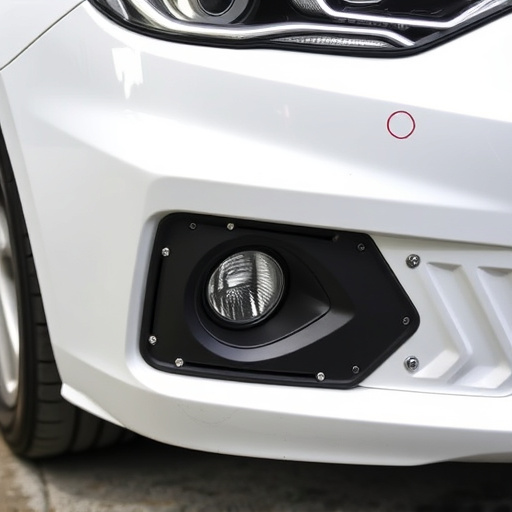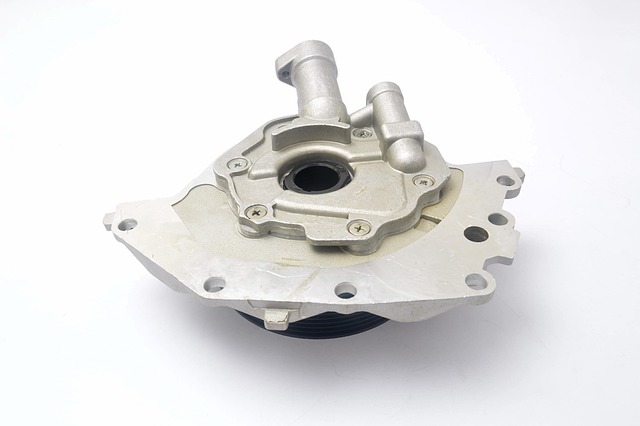Understanding rental car insurance coverage is essential before renting a vehicle to protect against damages not covered by personal auto insurance, including liability for property damage or injuries but excluding repairs to the rented car unless comprehensive coverage is added. Rental agencies offer add-ons like Collision Damage Waiver (CDW) and Loss of Use fees for financial protection during unexpected incidents. Distinguishing between rental and personal insurance ensures adequate protection, as rental limits are usually lower and deductibles consistent regardless of fault.
Rental car insurance coverage is a crucial consideration for travelers, offering distinct benefits compared to personal auto insurance policies. Understanding these differences is essential when navigating unfamiliar territories. This article guides you through the basics of rental car insurance, enabling informed decisions. We’ll compare personal and rental coverage, explore deductibles and liability limits, ensuring you’re protected while on the road. By the end, you’ll be equipped with knowledge to select the best rental car insurance option for your needs.
- Understanding Rental Car Insurance Basics
- Personal Insurance vs. Rental Coverage Comparison
- Navigating Deductibles and Liability Limits
Understanding Rental Car Insurance Basics

When renting a car, it’s crucial to grasp the basics of rental car insurance coverage. Unlike personal auto insurance, which is tailored for your own vehicle and liability, rental car insurance is designed to protect you while you’re behind the wheel of someone else’s vehicle. This type of insurance typically covers damages to the rental car, offering peace of mind should accidents or incidents occur during your rental period. Understanding these coverages is essential before you hit the road, ensuring you know what’s protected and what expenses you may be responsible for as a renter.
Rental car insurance usually includes liability coverage, which pays for damage to other people’s property or injuries they sustain in an accident caused by you. However, it often does not cover damages to your own vehicle, such as auto body work or car dent removal, unless you opt for additional comprehensive coverage. Many rental agencies offer various add-on options, including collision damage waiver (CDW), which can eliminate your financial responsibility for most types of vehicle damage, and loss of use fees, compensating the rental company for revenue lost while your rented car is being repaired or replaced. Familiarizing yourself with these options ensures you’re prepared for any unexpected incidents during your automotive journey.
Personal Insurance vs. Rental Coverage Comparison

When renting a car, it’s crucial to understand the distinction between personal insurance and the rental car insurance coverage offered by the rental company. While both provide financial protection, they serve different purposes and offer varying levels of protection. Personal insurance is designed to cover your private vehicles and drivers, offering comprehensive and collision coverage tailored to your specific policy. It’s a long-term solution for all your transportation needs.
In contrast, rental car insurance coverage has its own set of benefits. It typically includes liability insurance, which protects you against claims arising from accidents caused while driving the rented vehicle. However, it often excludes comprehensive and collision damage coverage, meaning you may have to foot the bill for repairs or replacement if your rental is damaged, except in specific circumstances like a covered accident with another insured party. Understanding these differences is key to making informed decisions when renting a car and ensuring adequate protection for both your personal assets and rental vehicles, whether through adjusting your personal insurance policy or utilizing the provided rental coverage effectively.
Navigating Deductibles and Liability Limits

When it comes to navigating deductibles and liability limits, understanding the differences between rental car insurance coverage and personal insurance is crucial. Rental car companies often include liability coverage in their plans, but this typically has lower limits than what you’d find in a comprehensive auto insurance policy. This means that if you’re at fault for an accident, your personal insurance would kick in to cover any damages exceeding the rental company’s liability limit.
Deductibles play another significant role. While rental car insurance may waive or reduce your deductible, personal insurance policies usually have set deductibles that apply regardless of who is at fault. Additionally, while rental car companies might offer add-on coverage for specific damages like vehicle paint repair or dent repair, these are not a substitute for the comprehensive protection offered by regular auto insurance policies. Understanding these nuances ensures you’re adequately covered when renting a vehicle.
Rental car insurance coverage offers distinct benefits compared to personal auto insurance, with specific considerations for deductibles and liability limits. Understanding these differences is vital for making informed choices while renting vehicles. By comparing options and knowing your rights, you can navigate the process confidently, ensuring peace of mind during your travels.














